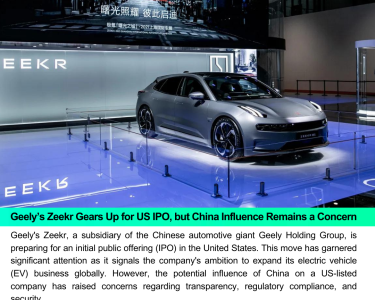
In recent weeks, there has been a flurry of rumors and speculations surrounding Meta Platforms, Inc., formerly known as Facebook, and its potential plans to introduce advertisements on WhatsApp, one of the world’s most popular messaging platforms. These rumors have been met with a significant amount of interest and concern, prompting Meta to issue an official statement denying any immediate plans to incorporate ads into the WhatsApp user experience.
WhatsApp: A Beloved Messaging App
WhatsApp, founded in 2009 and acquired by Facebook (now Meta) in 2014, has become an integral part of the daily lives of over two billion users worldwide. Known for its end-to-end encryption and commitment to user privacy, WhatsApp has earned a reputation as a reliable and secure messaging platform. Its popularity extends to both personal and business communication, making it a critical tool for individuals and organizations alike.
The Impact of Ads on User Experience
The potential introduction of ads on WhatsApp has sparked debates and concerns among users and privacy advocates. Advertising is a common revenue model for many digital platforms, and it often involves the use of user data to target ads effectively. WhatsApp’s commitment to user privacy and encryption has been a defining feature, and any shift towards incorporating ads could raise questions about how user data is handled and whether it compromises the platform’s core principles.
Meta’s Official Response
In response to the speculation surrounding ads on WhatsApp, Meta released an official statement addressing these concerns. The company clarified that it currently has no immediate plans to introduce advertisements to the WhatsApp platform. This statement aims to alleviate user fears and reinforce the company’s commitment to preserving the user experience on WhatsApp.
The Evolution of Meta’s Advertising Strategy
It’s important to note that while Meta is not planning to introduce ads on WhatsApp at this time, the company’s broader advertising strategy continues to evolve. Meta’s primary source of revenue is advertising, and its platforms, including Facebook and Instagram, prominently feature ads as part of the user experience. This approach has made Meta one of the largest digital advertising platforms globally.
Meta has also been exploring opportunities in the virtual and augmented reality space through products like the Oculus VR headset and the development of the metaverse—a virtual shared space. The metaverse holds potential for new advertising opportunities, and Meta has signaled its intention to monetize this emerging space in the future.
User Privacy and Trust
User privacy and trust are paramount concerns in the digital age. WhatsApp has garnered trust among users for its end-to-end encryption, ensuring that messages remain private and secure. Any potential changes to the platform’s privacy or data-sharing practices, including the introduction of ads, would likely be met with scrutiny from both users and regulatory authorities.
Meta’s denial of immediate plans to introduce ads on WhatsApp underscores the company’s awareness of the sensitivity surrounding user privacy and its commitment to maintaining the trust of WhatsApp’s vast user base.
Conclusion
The rumors and concerns surrounding the introduction of advertisements on WhatsApp have been addressed by Meta, which has officially denied any immediate plans for such a move. WhatsApp users can take solace in the company’s commitment to preserving the user experience and privacy on the platform.
As the digital landscape continues to evolve, businesses and platforms like Meta will explore various revenue models, including advertising. However, striking a balance between monetization and user trust will remain a challenging and crucial endeavor, especially for platforms like WhatsApp that have built their reputation on privacy and security. Users and privacy advocates will continue to closely monitor developments in the digital space to ensure that user privacy and trust are upheld.




